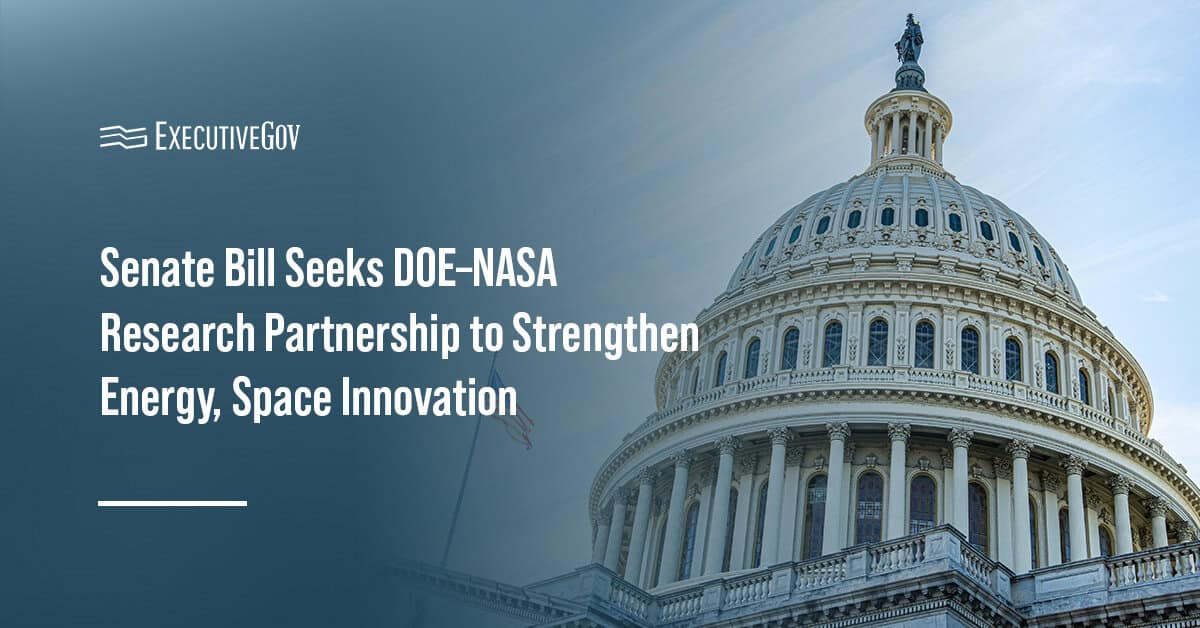Sens. Dan Sullivan, R-Alaska, and Adam Schiff, D-Calif. are seeking a stronger partnership between the Department of Energy and NASA in a bill they have filed in Congress.
Their proposed DOE and NASA Interagency Research Coordination Act seeks to fast-track U.S. innovation in science, energy and space exploration through the sharing of research, technology and data between the two agencies, according to a press statement from Sullivan’s office released Friday.
Proposed Research Areas’ Focus
The bill filed Thursday mandates a formal DOE-NASA partnership on joint research efforts in such areas as advanced computing, energy storage, materials science and space-based observation.
“This bill helps ensure our state’s scientists, engineers and students are part of the national mission to explore, innovate and power the future,” Sullivan said. “The Department of Energy brings unmatched research labs and supercomputing capabilities. NASA brings world-leading space expertise,” the Alaska senator noted.
He also noted that space and energy converge in Alaska, with world-class launch facilities in Kodiak, while the University of Alaska Fairbanks hosts some of the most advanced U.S. micro grid research.
Reps. Nick Begich, R-Alaska, and George Whitesides, D-Calif., have introduced a counterpart legislation in the House.
One of NASA and DOE’s current collaboration efforts focuses on quantum technologies to advance national security and improve the U.S. economy. Their partners from the private sector in the Quantum in Space Collaboration program include Boeing, Axiom Space, the Universities Space Research Association, Vescent and Qrypt.





